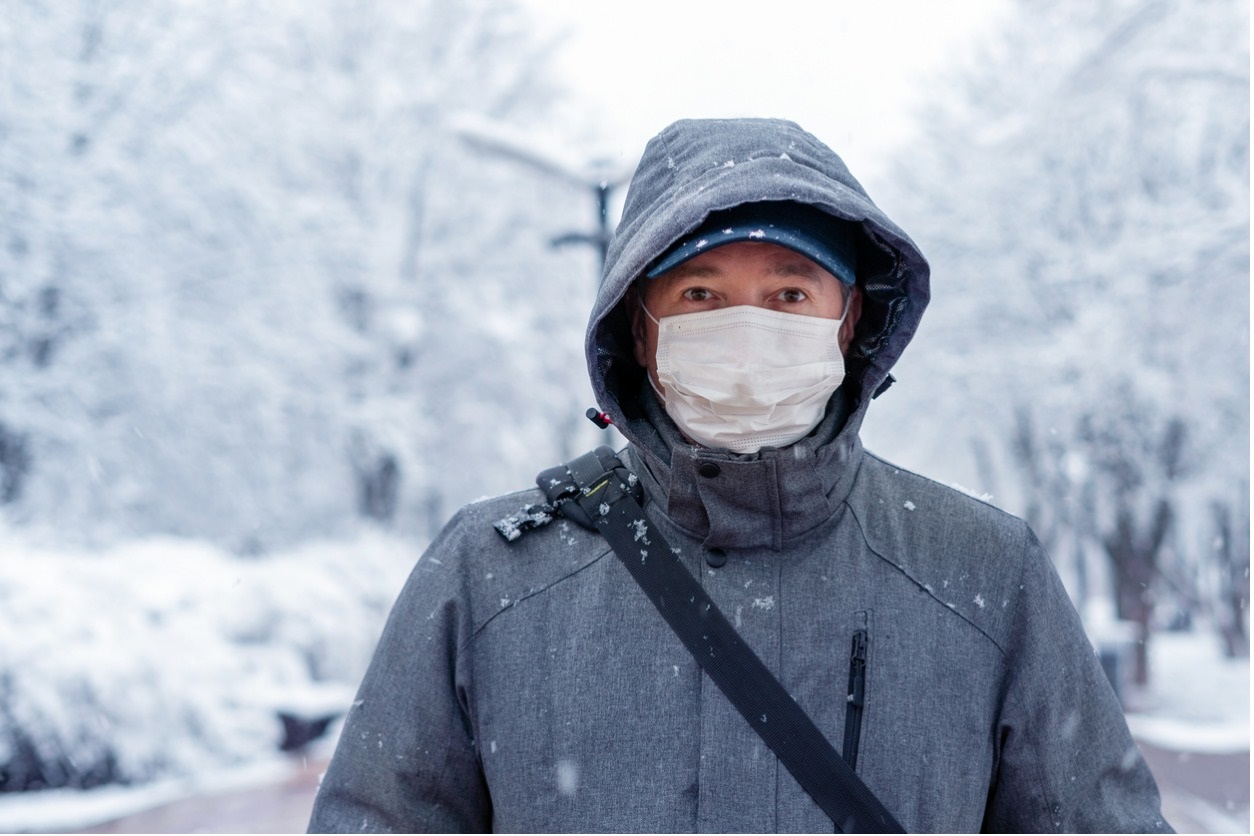5 Proven Ways to Encourage Friends and Family to Get Vaccinated Against COVID-19
It’s hard knowing a loved one has not yet protected themselves from COVID-19 by getting vaccinated. It’s also hard to have to the conversations about why they haven’t and why they should. There are evidence-based ways you can encourage a loved one to find accurate health information, to make informed health decisions based on their unique needs and underlying conditions, and to protect themselves and those around them. Scientific studies show these methods can help.
Methods to Encourage Friends and Family to Get Vaccinated
Lead by example.
It may sound cheesy, but actions do speak louder than words. A study of more than 700 U.S. adults showed that social norms matter when it comes to COVID-19 prevention behaviors. When you mask, distance, and get vaccinated, you help others see it as a normal choice their friends and family are making. Posting about your vaccination experience on social media is a convenient way to let family and friends know that you are vaccinated and enjoying the benefits of having done so.
Focus on the negative.
A scientific survey of more than 1,300 people showed messages that focus on the negative outcomes of not being vaccinated had a greater impact on willingness to get vaccinated than messages that focused on the benefits. These messages focused on the specific dangers of not being vaccinated, such as: If you do not get a COVID-19 vaccine, you have a much higher probability of getting infected with COVID-19 and 1 in 4 of those infected end up with “long COVID-19” which is when symptoms like fatigue or loss of sense of taste and smell last for months.
Suggest they talk to their doctor.
Research shows that primary care doctors are trusted voices who can have a significant impact in health decisions. Plus, doctors will have helpful, reliable information on how the vaccines were created, how they work, their safety, and their positive health impacts.
Ask how you can help them overcome obstacles.
We know the COVID-19 pandemic has exacerbated existing racial/ethnic and socioeconomic health inequities in the United States. For family and friends, you might offer to provide transportation, childcare, or other help making—and keeping—that vaccination appointment.
- Attach your message to something the person values.
People resonate with messages that align with their personal values. Getting vaccinated connects with values many people have such as “being a good Christian,” “protecting the elderly,” “keeping kids safe in schools,” “eliminating health inequities,” “getting the economy back up and running,” or even “getting Saturday poker nights started again.” Think about what your loved one really cares about and discuss how getting vaccinated is connected to that thing.
These are all behavioral strategies for improving health, and they come to us thanks to the field of behavioral medicine and its dedicated researchers and clinicians. In fact, the key strategies for preventing COVID-19 and reducing spread—social distancing, washing hands, wearing masks, wearing personal protective equipment, voluntary testing, and willing participation in contact tracing—are all behavioral.
Behavioral medicine has offered much scientific and clinical evidence on how to get people to take steps to protect themselves and others. Behavioral medicine also offers evidence for how to stay healthy during the ongoing pandemic. There are resources on behavioral ways to manage stress, keep kids and adults physically active, cook healthy food, and generally cut yourself some slack in these challenging times.
More Articles

Trying to Stay Healthy During a Global Pandemic?
It is especially important to maintain a healthy and active lifestyle during the COVID-19 pandemic. Learn tips and tricks to stay healthy during this challenging time.

Ask the Experts: Positive Coping Strategies for Managing COVID-19 Stress in the Winter Season
The combination of winter and COVID-19 means that, now more than ever, it is important to employ positive coping strategies and engage in stress and anxiety reducing activities.

COVID-Safe Winter Physical Activity Ideas: A Special Focus on Older Adults
Physical activity levels dropping around the world in response to the COVID-19 pandemic, especially for older adults during the winter. Learn tips and tricks for staying active while pandemic restrictions are in place, even as the cold weather sets in.

